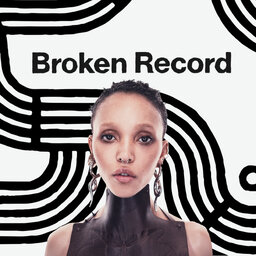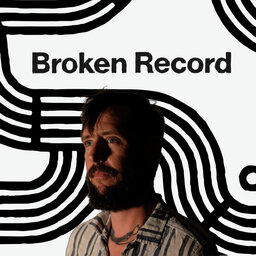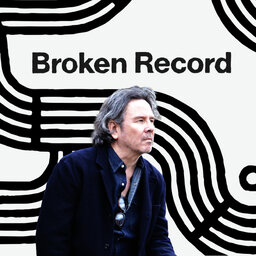Lainey Wilson
At just 8 years-old, Lainey Wilson announced to her family that she was destined to become a country music star. There were no other musicians in her family to speak of—for five generations her people had been farmers in a tiny Northern Louisiana town with the population of 180.
After graduating high school, Lainey drove North to Nashville in a camper trailer that she lived in alone for three years. Success did not come easy. In those first three years, Lainey wrote over 300 songs, and it wasn’t until year eight that she finally signed a record deal. All of her hard work finally paid off in 2021, when her debut single “Things A Man Oughta Know” raced up the country music charts. Several radio hits followed, and last year Lainey swept the award season, winning a ton of trophies including the Grammy for "Best Country Album" and “Entertainer Of The Year” at the Country Music Awards.
In August, Lainey scored her first crossover hit with the release of her latest album, “Whirlwind,” which debuted at number three on Billboard, and became the highest-selling album of her career.
On today’s episode, Leah Rose talks to Lainey Wilson about how grit and determination became one of the central pillars of her success. Lainey also opens up about being physically objectified online, and the reality of playing alongside some of her musical heroes like The Rolling Stones and Dolly Parton. Check out the full video of this interview and other recent episodes at youtube.com/brokenrecordpodcast.
You can hear a playlist of some of our favorite Lainey Wilson songs HERE.
 Broken Record with Rick Rubin, Malcolm Gladwell, Bruce Headlam and Justin Richmond
Broken Record with Rick Rubin, Malcolm Gladwell, Bruce Headlam and Justin Richmond


